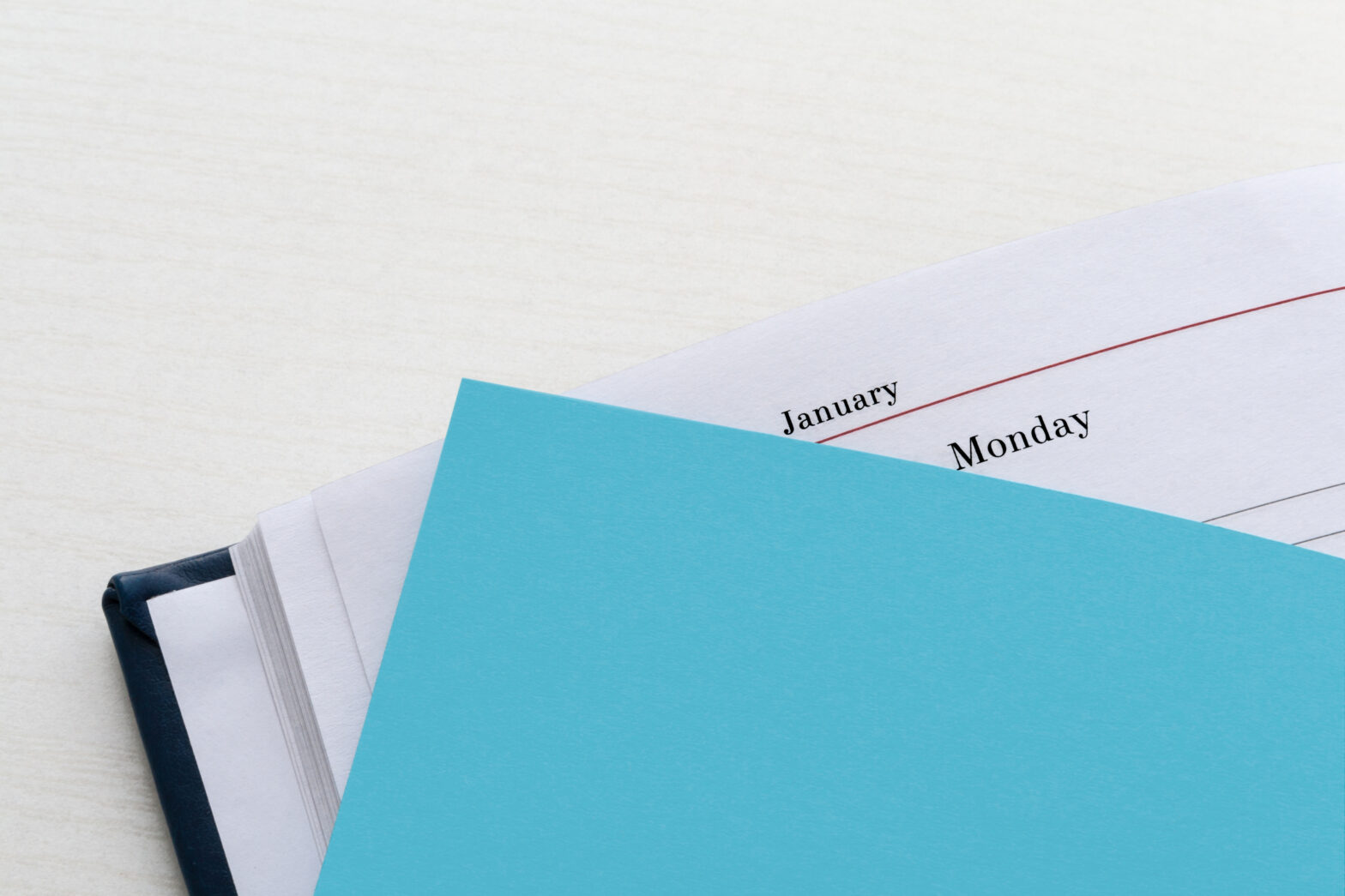Described as a once a year phenomenon, Blue Monday is often depicted as the most depressing day of the year, due to the weather and the delay until next pay day, leading to feelings of negativity and an impact on work productivity.
“The reality is, there’s no such thing as the most depressing day of the year and it trivialises serious mental health issues,’’ says Dr. Mark Winwood, director of psychological services, AXA PPP healthcare.
“Mental Health and Mental illness is an ongoing matter and achieving a good work-life balance is important to being a healthier you.’’
“When you’re mentally well, you’re better at making the most of life and work. That doesn’t mean you’ll never experience any type of emotional problem, but it can mean that you’re able to deal with difficult or stressful situations more easily. Research also shows that positive people tend to live healthier lifestyles”.
“If you think you or your workforce are lacking ‘Monday’ motivation, identifying the reasons behind the low morale is key. For example, improving the working environment is just one step to changing this. Some minor improvements, such as better lighting, more comfortable chairs, or a supply of hot drinks, water and caffeine free alternatives may improve things for everyone and thus alter the mood.”
If you feel that Blue Monday is too much, then take a look at these top tips to help make them less so:
1. Set goals
Trying to attain to something new will increase the fulfilment you get from your job and therefore better your attitude in everyday life, so thin k about your goals and ambitions.
2. Take a look around
Is there anything you could change to make your working environment better? Better lighting, more comfortable chairs or a supply of tea and coffee can all improve things and alter the mood.
3. Identify the real problem
If you’re thinking of phoning in sick on Sunday night, it’s important to think about the real reason behind this – what is the real reason behind your lack og motivation?
4. Make lists and plan workloads
Preparing your to do list on the Friday afternoon will help you feel more in control come Monday and ready to start the week.
5. Say no
Don’t be afraid to say no to taking on more work if you don’t think you’ll achieve it. If something’s a must, chat to your manager about delaying something else.
6. Sleep
Being sleep deprived is one of the most common causes of a bad mood, so make sure to get an early night on Sunday. If you’re having regular sleep problems, make some changes and seek advice.
7. Stay active
Exercising regularly and eating a healthy diet will help you reduce stress and stay positive. Try booking in fitness classes on Sundays or Mondays to help.
However, for some, winter can leave us feeling blue throughout the season, not just on Blue Monday. Symptoms of seasonal affective disorder (SAD) are similar to other types of depression, but they occur during the onset of autumn and get worse as winter progresses in response to the amount of sunlight decreasing. Most people with SAD return to normal as spring and summer approach.
As with other forms of depression, the main symptoms include a low mood and a loss of pleasure or interest in normal, everyday activities. Some people with SAD experience recurring episodes of unipolar depression (solely depressive symptoms), whilst others may find they experience mild episodes of bipolar depression (periods of lows followed by manic periods where you feel euphoric and abnormally energetic).






